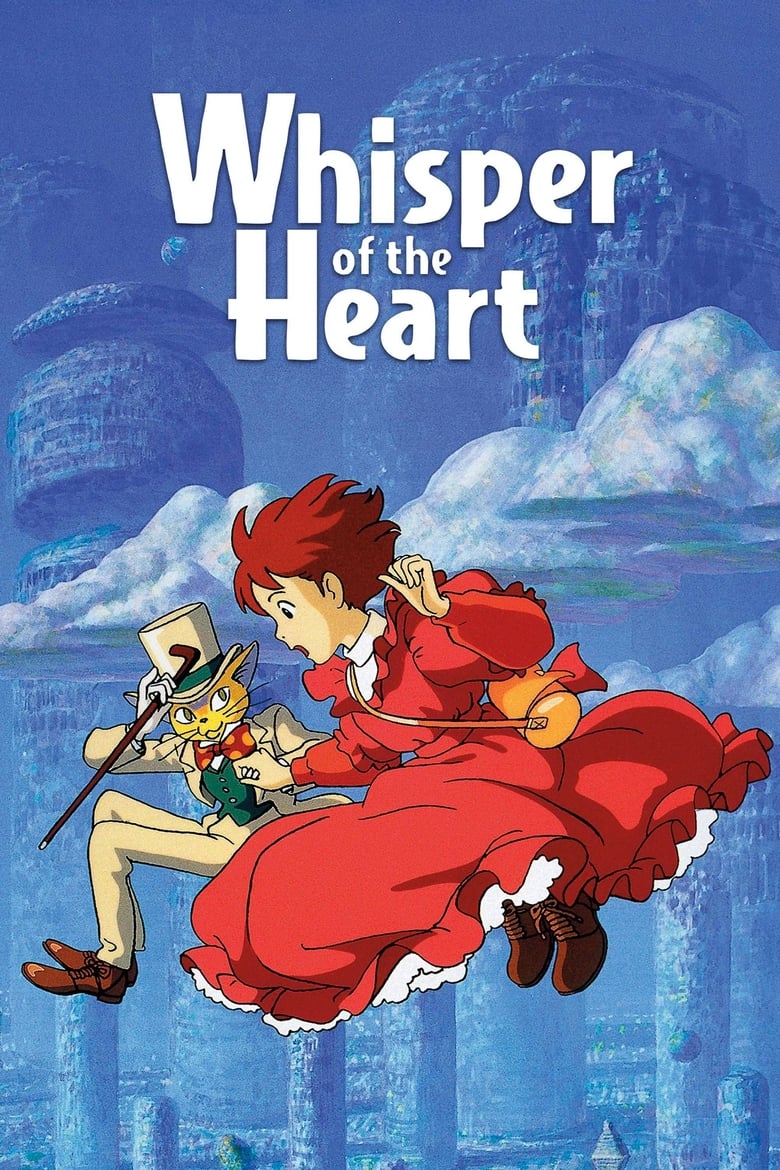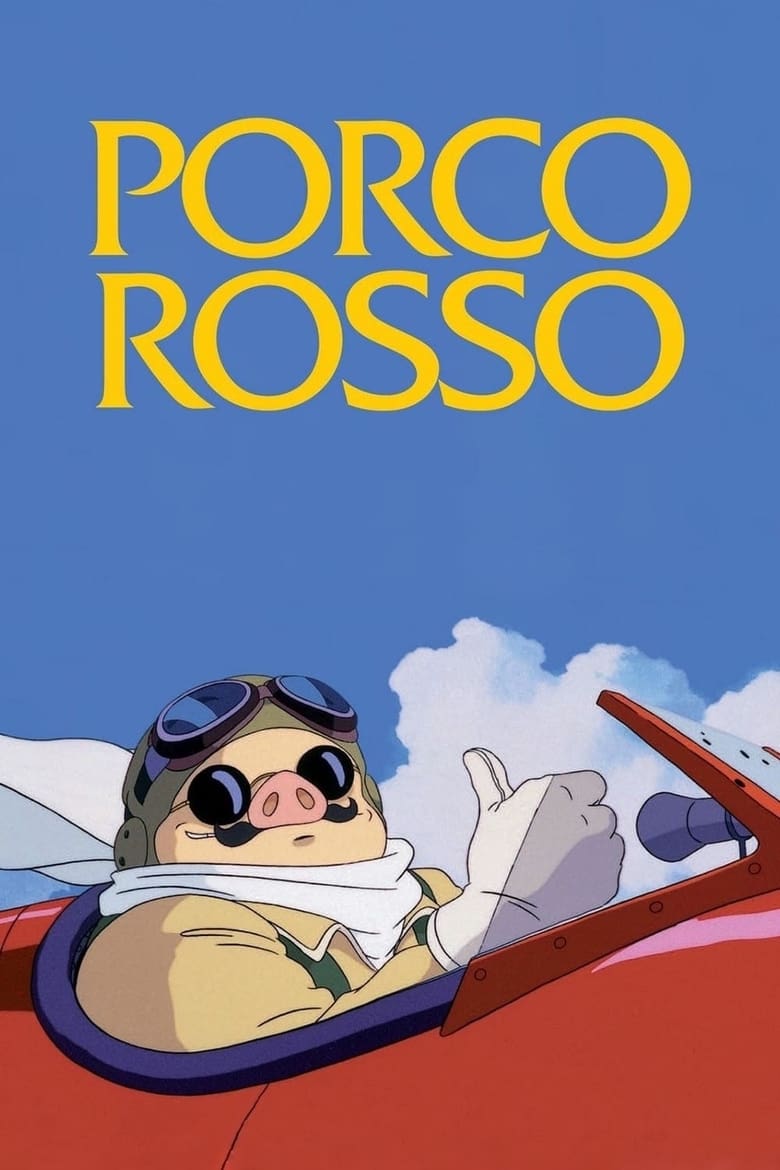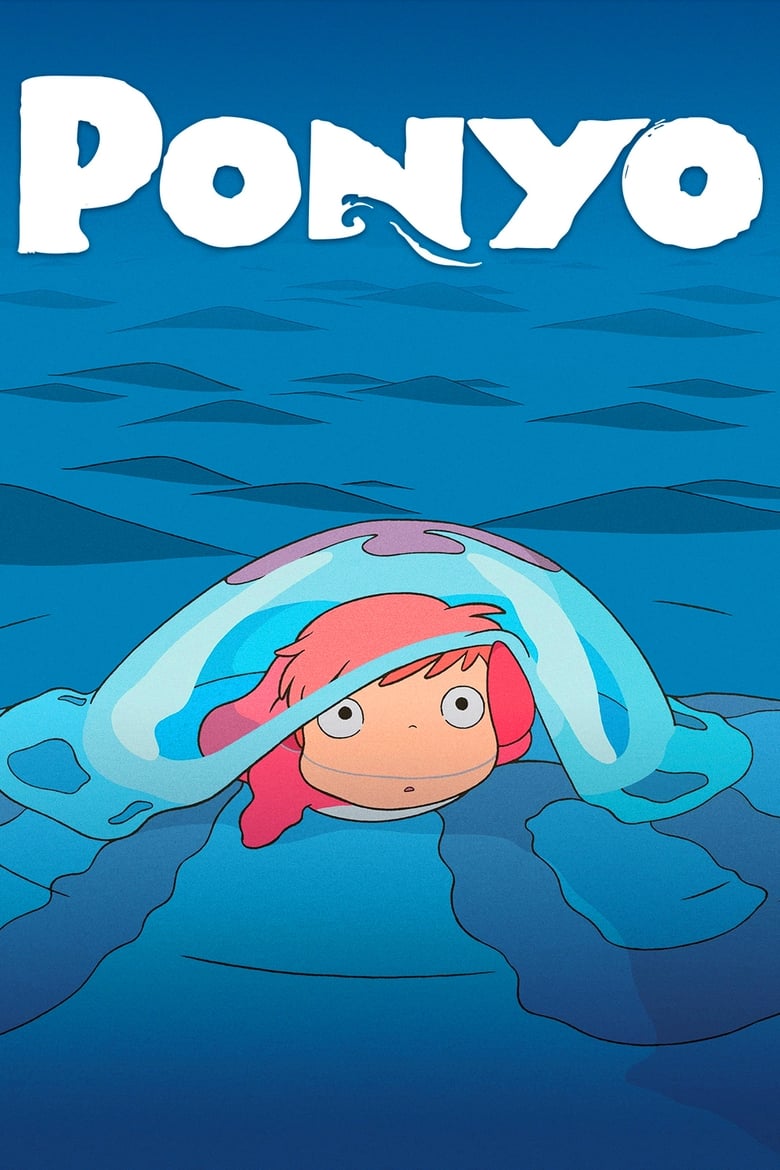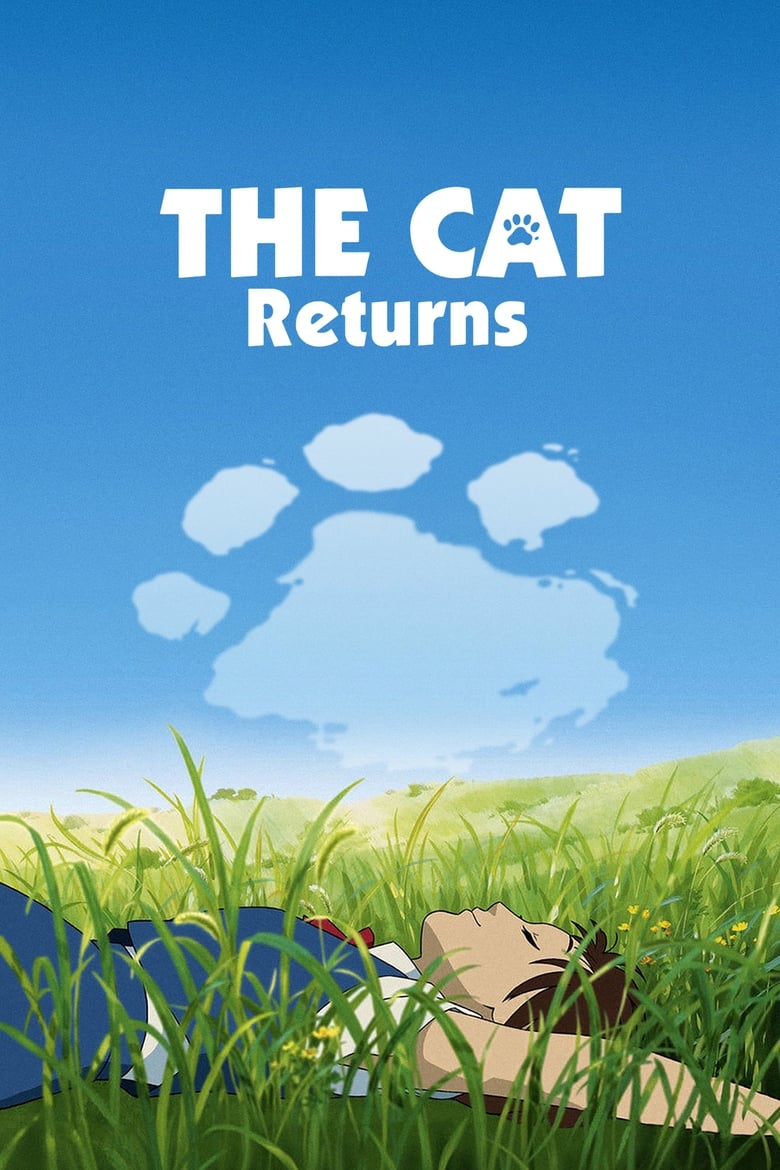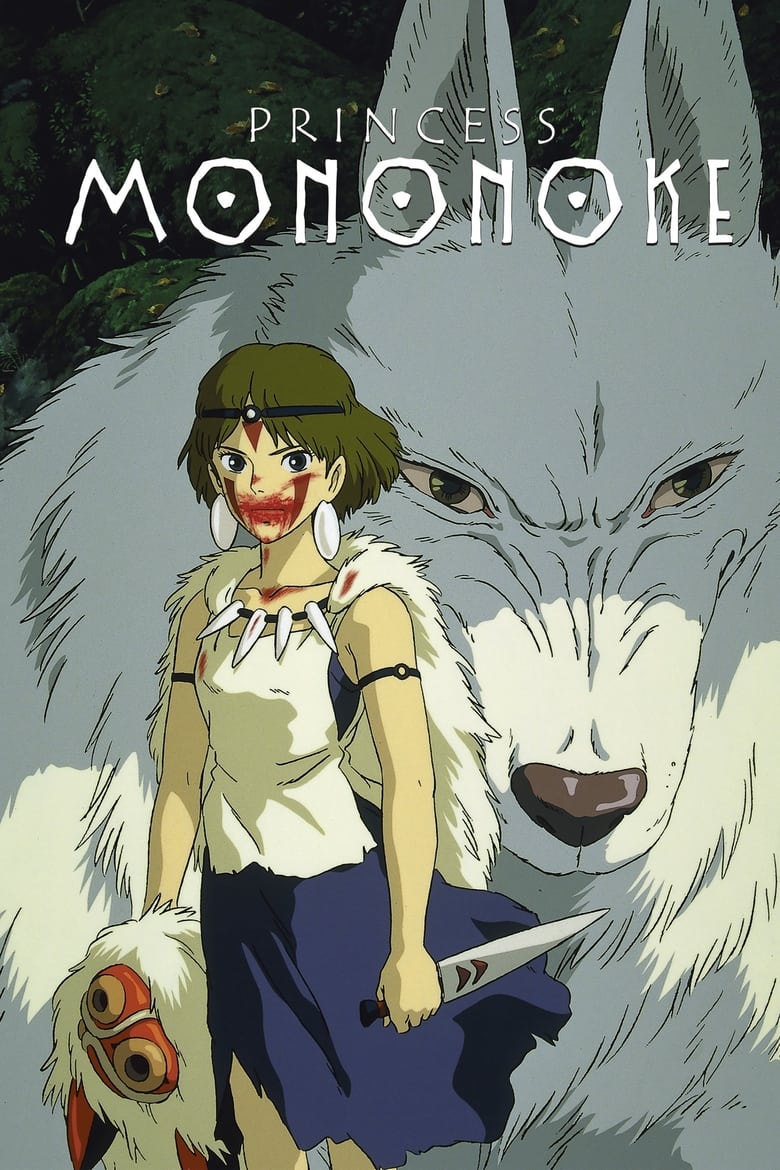
Synopsis
The Raccoons of the Tama Hills are being forced from their homes by the rapid development of houses and shopping malls. As it becomes harder to find food and shelter, they decide to band together and fight back. The Raccoons practice and perfect the ancient art of transformation until they are even able to appear as humans in hilarious circumstances.
Your Movie Library
Cast
- Makoto NonomuraShoukichi (voice)
- Nijiko KiyokawaOld Fireball / Oroku (voice)
- Shigeru IzumiyaGonta (voice)
- Norihei MikiSeizaemon (voice)
- Yuriko IshidaKiyo (voice)
- Megumi HayashibaraSasuke (voice)
- Yumi IchiharaKoharu (voice)
- Akira KamiyaTamasaburo (voice)
- Takehiro MurataBunta (voice)
- Gannosuke AshiyaInugami Gyobu (voice)
- 91
The A.V. Club
For all its goodhearted cheer, Pom Poko is a glum indictment of modern Japan's disjunction from the natural and spiritual world. But it strikes a positive final note by implying that those worlds still exist, just out of sight, waiting and flourishing. - 90
The New York Times
The best film by Isao Takahata, who started the studio with Mr. Miyazaki, this is a comic allegory about battling packs of tanuki (Japanese raccoon dogs) joining forces to fight human real estate developers. It’s earthy and rollicking in a way that his co-founder’s films aren’t. - 88
Slant Magazine
Takahata’s wondrous film is itself at constant interplay between the unsentimental realities of human progress (and expansion) and the unbound thoughts and creative perspectives that fantasy can entertain without necessarily being reduced to mere entertainment. - 75
IndieWire
Its broad, slapstick send-up of human foibles prefigures Takahata’s more pointed My Neighbors, the Yamadas (1999). At 119 minutes, the film feels a bit long and the story rambles, albeit genially. - 75
Chicago Reader
The film is surprisingly mature in its depiction of community dynamics and its sobering conclusion, which addresses the real-life costs of environmental devastation. The visual design veers from fantasy to naturalism, depending on the tone of the story: the tanuki appear sometimes as Disneyesque cuddlies and other times as realistic-looking rodents. - 70
Time Out
Thankfully, the proceedings are carefully anchored in what are palpably human concerns, namely the cohabitation of humans and wildlife and the environmental cost of widespread urbanisation, and while this is not quite up there with best of the studio’s output, it’s still a striking and universally pleasurable experience. - 67
Austin Chronicle
At its best, there's an undoubted thrill and wonder to Pom Poko, like the massive parade of phantoms the tanuki conjure up as one of their harebrained schemes. Takahata's misfire at least provides some wonderful sparkles. - 60
The New York Times
Its ecological concerns, nuance and occasional lyricism place it squarely within the Ghibli oeuvre but not among its masterpieces.

